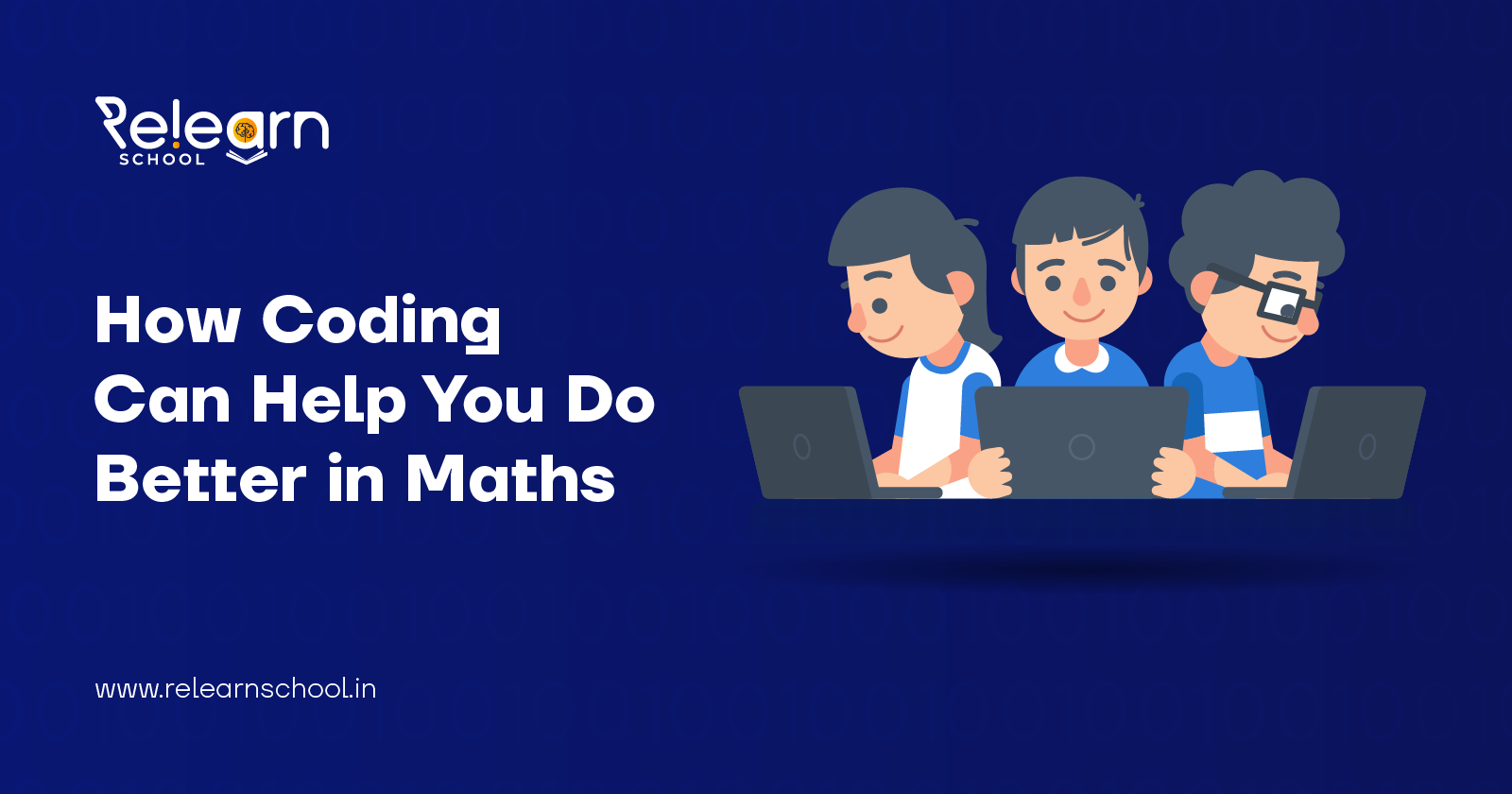How Coding Can Help You Do Better in Maths
 Dheepashri Rajavel
Dheepashri Rajavel
In the digital age, where technology shapes every aspect of our lives, introducing kids to coding at an early age offers a gateway not just to tech proficiency, but also to improved mathematical aptitude. It might sound surprising, but the world of coding holds remarkable potential to enhance children's understanding and performance in mathematics. This blog post dives into the symbiotic relationship between coding and math, illustrating how coding can be the secret ingredient to helping kids excel in their math journey.
Building a Strong Foundation:
Coding and math share a common foundation – logical thinking and problem-solving. When kids learn to code, they develop skills that align perfectly with the analytical mindset required for mathematics. Both disciplines require breaking down complex problems into smaller, manageable steps, fostering a structured and methodical approach that lays the groundwork for mathematical success.
Visualizing Mathematical Concepts:
Coding provides a unique platform for kids to visualize abstract mathematical concepts. Through coding, kids can bring math to life by creating interactive graphs, animations, and simulations. These visual aids not only make math engaging but also help kids grasp complex ideas more easily. As they witness the tangible outcomes of their coding efforts, they develop a deeper understanding of mathematical principles.
Applied Learning and Creativity:
Coding empowers kids to apply theoretical knowledge in practical scenarios. By coding simple games, calculators, or even interactive quizzes, kids bridge the gap between math theory and real-world application. This hands-on approach not only reinforces their math skills but also fuels their creativity. As they design and build projects, they're essentially crafting their own learning experiences, making math come alive in exciting ways.
Instant Feedback and Growth Mindset:
Coding environments offer instant feedback, a feature that nurtures a growth mindset in kids. When they code, mistakes become opportunities to learn and improve. This mindset spills over into math, where kids learn to embrace challenges and setbacks as chances to enhance their skills. The resilience gained through coding translates into a willingness to tackle complex math problems with confidence.
Problem-Solving Process:
Coding and math are united by the art of problem-solving. As kids learn to code, they refine their ability to break down complex tasks into smaller, solvable components. This skill is directly transferable to solving math problems, enabling kids to approach even the most intimidating equations with a structured strategy.
Conclusion:
Coding isn't just about creating software; it's a pathway to unlocking the potential within young minds. By introducing kids to coding, we're not only setting them on a trajectory of technical proficiency but also equipping them with a set of skills that power their mathematical journey. From fostering a strong foundation of logic and problem-solving to offering tools for visualization and applied learning, coding synergizes seamlessly with math education. So, why limit kids to conventional learning methods when we can open doors to a world where coding and math collaborate to nurture holistic growth? Embrace the power of coding, and watch kids not only conquer the challenges of math but also develop into resourceful, innovative thinkers ready to shape the future.
Subscribe to my newsletter
Read articles from Dheepashri Rajavel directly inside your inbox. Subscribe to the newsletter, and don't miss out.
Written by
